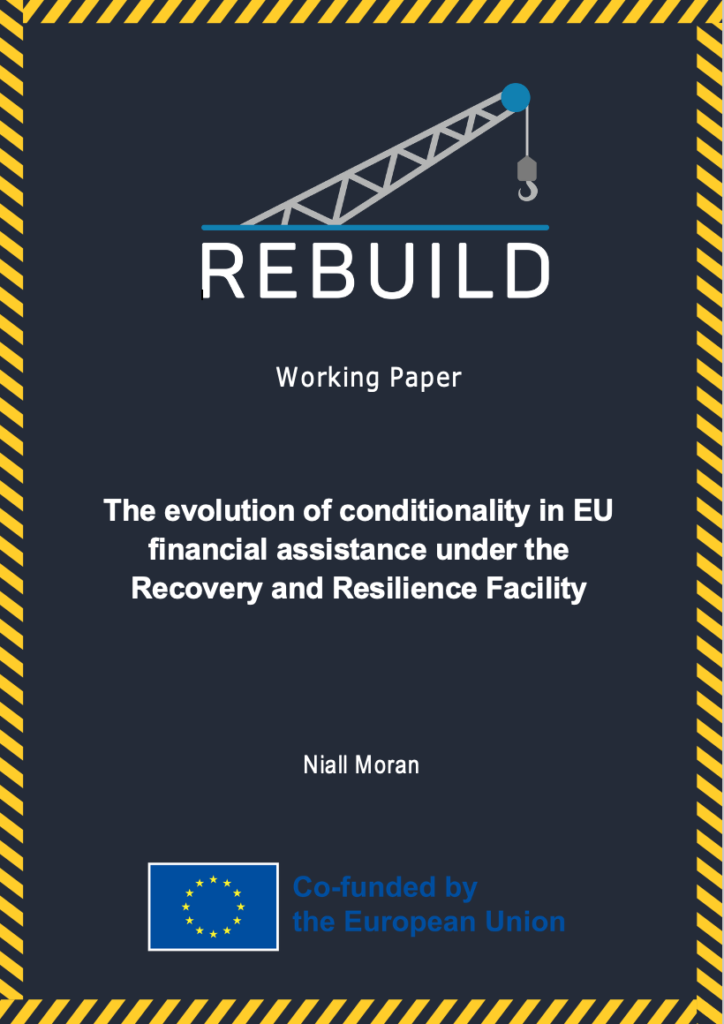Abstract
This article examines a new type of conditionality provided for in the EU’s Recovery and Resilience Fund (RRF). Funding under the RRF is released where ‘milestones’ have been met and this article examines how these milestones have been formulated and applied in relation to the justice systems of three Member States– two at the heart of the rule of law crisis (Hungary and Poland) and one that has been more vigilant in terms of observing the rule of law (Italy). These differing cases are examined in order to give a comprehensive overview of conditionality under the RRF.
This article argues that if milestones become a regular and predictable feature of EU economic governance, then there must be serious consideration of the incentives they create. Where reaching a milestone results in the release of hundreds of millions of euros in financing, this may create a system that incentivises member states to drag their heels on certain reforms, knowing that at some point they can be used in a quid pro quo with Brussels in the areas where milestones have been set.
This article further examines how conditionality may be most effective in these varying circumstances and attempts to draw on lessons from EU and non-EU programmes that have employed conditionality. These include the programmes of the IMF, EU bailout programmes, the EU accession process, inter alia.
